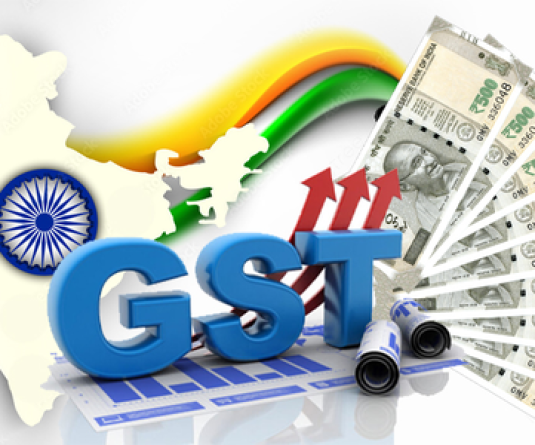IANS Photo

New Delhi, September 22 (IANS) The size of the illicit market in five key industries, namely household and personal goods, packaged foods, tobacco products, alcoholic beverages and mobile phones, stood at Rs 2,60,094 crore during 2019-20.
Also the estimated tax loss to the government due to illicit goods in these key areas stood at Rs 58,521 crore in 2019-20.
Two highly regulated and taxed industries namely tobacco products and alcoholic beverages, accounted for 49 per cent of tax losses.
These were the findings of a study conducted by FICCI's committee against smuggling and counterfeiting activities destroying the economy (CASCADE).
The study titled "Illicit Markets: A Threat To Our National Interests", which was released on Thursday during the industry body's conference MASCRADE 2022, states that the FMCG industry - mainly household and personal goods as well as packaged foods together account for three-fourths of the total illicit value of goods.
In terms of illicit market size in value terms, packaged foods industry stood at Rs 1,42,284 crore, household and personal goods stood at Rs 55,530 crore, alcoholic beverages stood at Rs 23,466 crore, followed by tobacco products (Rs 22,930 crore) and mobile phones (Rs 15,884 crore).
While in terms of illicit market percentage-wise, household and personal goods accounted for 34.25 per cent of the total share in 2019-20, followed by packaged foods at 25.09 per cent, tobacco products (20 per cent), alcoholic beverages (19.87 per cent) and mobile phones (7.56 per cent).
Illicit goods in these five key industries led to a total estimated legitimate employment loss of Rs 15.96 lakh, the report noted.
The FMCG industry -- household and personal goods as well as packaged foods -- due to their illicit market size, together accounted for around 68.5 per cent of job losses, the report said in its finding.
"The impact of the illicit market of these industries on the economy is significant because of the backward linkages of these industries with other sectors of the economy resulting in a multiplier effect," the study noted.






